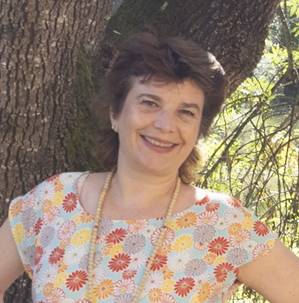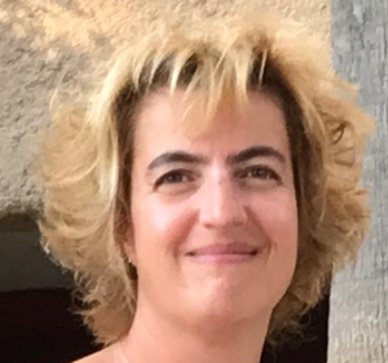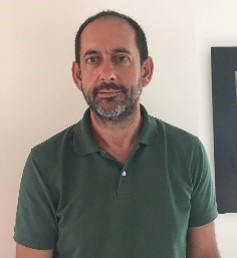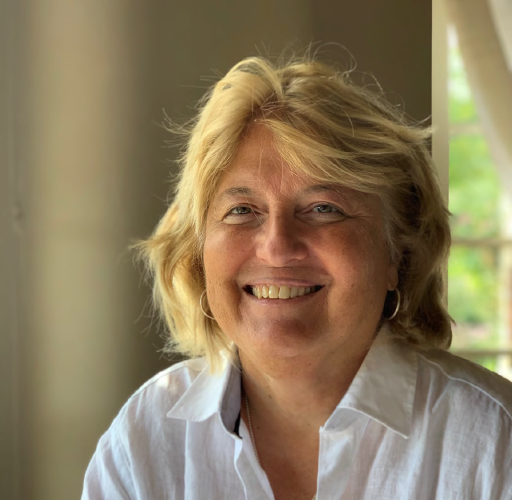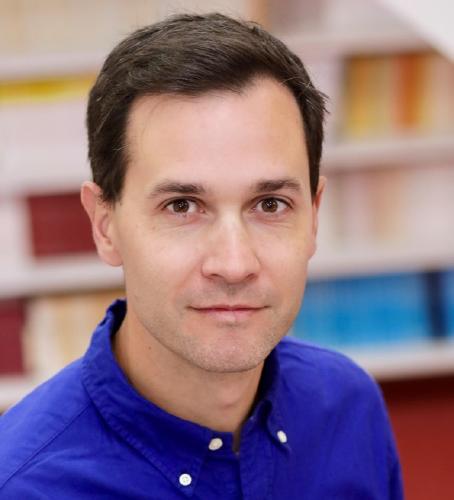Academy of Excellence "Territories, Environments, Risks and Resilience"
TEFOR: Territorial FOod System Resilience
Meeting the challenges and dealing with the realities of tomorrow’s agriculture by co-constructing scenarios for feeding people locally
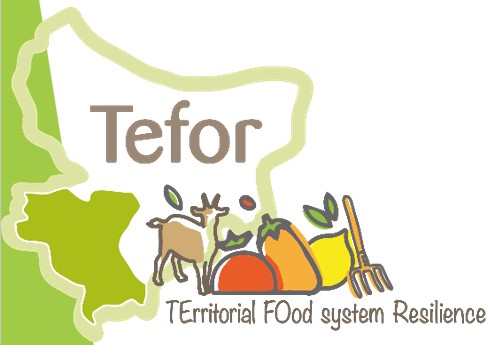
Academy Highlight
The project seeks to improve agricultural resilience within the Alpes-Maritimes department by building local food systems with farmers in an interdisciplinary way. It also uses a participatory approach to discuss “environmental challenges related to food resources” with local actors.
The project
Ongoing health, climate and geopolitical crises have shown the vulnerability of our food systems and the need for a transition to more resilient, self-sufficient local food systems. Given its extremely low level of food self-sufficiency (an estimated 2% of the food consumed is produced locally), the Alpes-Maritimes department is facing a real challenge in this regard, despite its past agricultural and culinary tradition. At the same time, strong initiatives have been developed by citizens, farmers and decision-makers to reverse this trend and restore a certain level of local agriculture. The department has launched six official local food projects, and a host of initiatives to help new farmers set up and create local sales channels for their products. In addition, the presence of a relatively wealthy fraction of the population that can afford comparatively more expensive products potentially justifies the development of a local market.
The Tefor (Territorial Food Systems Resilience) project seeks to gain a better understanding of the levers and obstacles to this transition. An interdisciplinary team comprising two geographers from the ESPACE laboratory, three economists from GREDEG, an agronomist from ISA and an expert in collaborative methods from OTECCA are working towards the same goal: the co-construction of scenarios for tomorrow's agriculture. The area studied is the Cap Azur Metropolitan Cluster, located at the western end of the department, and home to approximately 400,000 people. Its history shows a clear division between a highly populated coastal area where agricultural land has been lost to urbanization, and a rural hinterland where land has been left fallow or preserved for extensive livestock farming (including for recreational purposes). Today, the challenge is to understand how such an area can feed itself and attain a higher level of local self-sufficiency. This can only be achieved by collaborating with different disciplines and actors.
The project team, led by Nathalie Lazaric from GREDEG, first carried out an analysis of the area to characterize current food systems and their development over the past 150 years, and to identify the obstacles and tipping points towards territorial resilience. This involved joining discussions regarding Territorial Food Plans with the communities concerned, and studying data from different sources including the national agricultural census to spatially characterize the agricultural landscape and its evolution. The project has also made it possible to identify, study and unify some of the main innovative agricultural initiatives within the area.
The initiatives under study highlight an important phenomenon of diversification of the economic models implemented by farmers, and this may offer a pathway towards a locally resilient agriculture. At present, Tefor is focusing on studying how the combination of traditional farming with the production of energy by photovoltaic greenhouses can create synergies between food and energy production. The hypothesis is that this could provide a more stable income for farmers and create a partnership with industry and could help fund longer-term projects.
An additional outcome is the production of agent-based models to explain the process and potential scenarios for reintroducing agriculture in the area. We have developed a first model that focuses on economic variables (chiefly, variations in farmers’ income) to explore how this might influence the future of the agrifood system. In addition, ongoing interdisciplinary work is seeking to extend the model to include spatial dimensions, with the objective of studying where and what type of production is possible in a given area.
Ultimately, the Tefor project aims to design tools to assist public decision-makers and local stakeholders in developing local food resilience, notably by creating a serious game to be used in participatory workshops. This “gamification” should help the stakeholders (local actors, farmers, citizens) take a new turn while also highlighting the different possible pathways of transition.
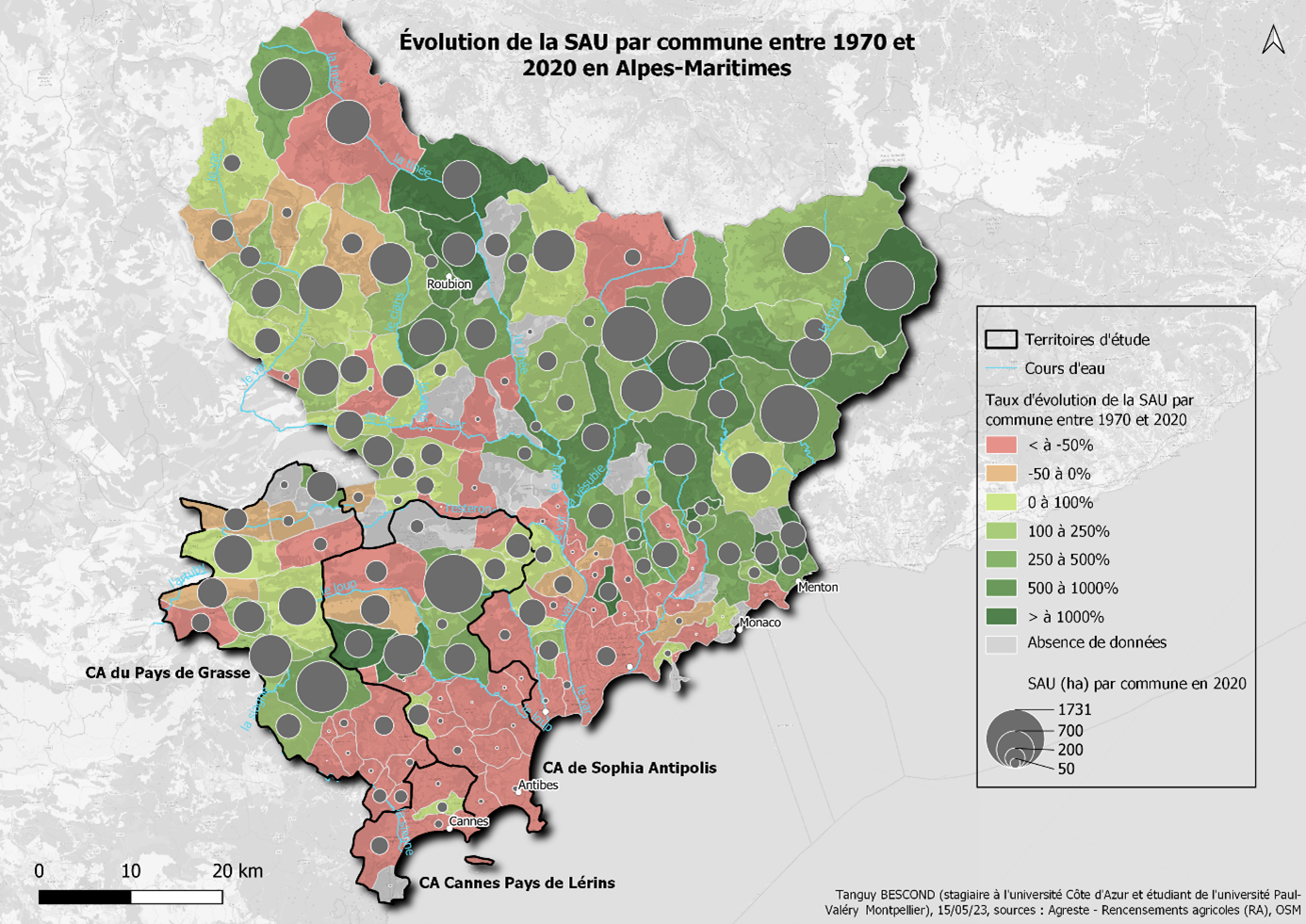
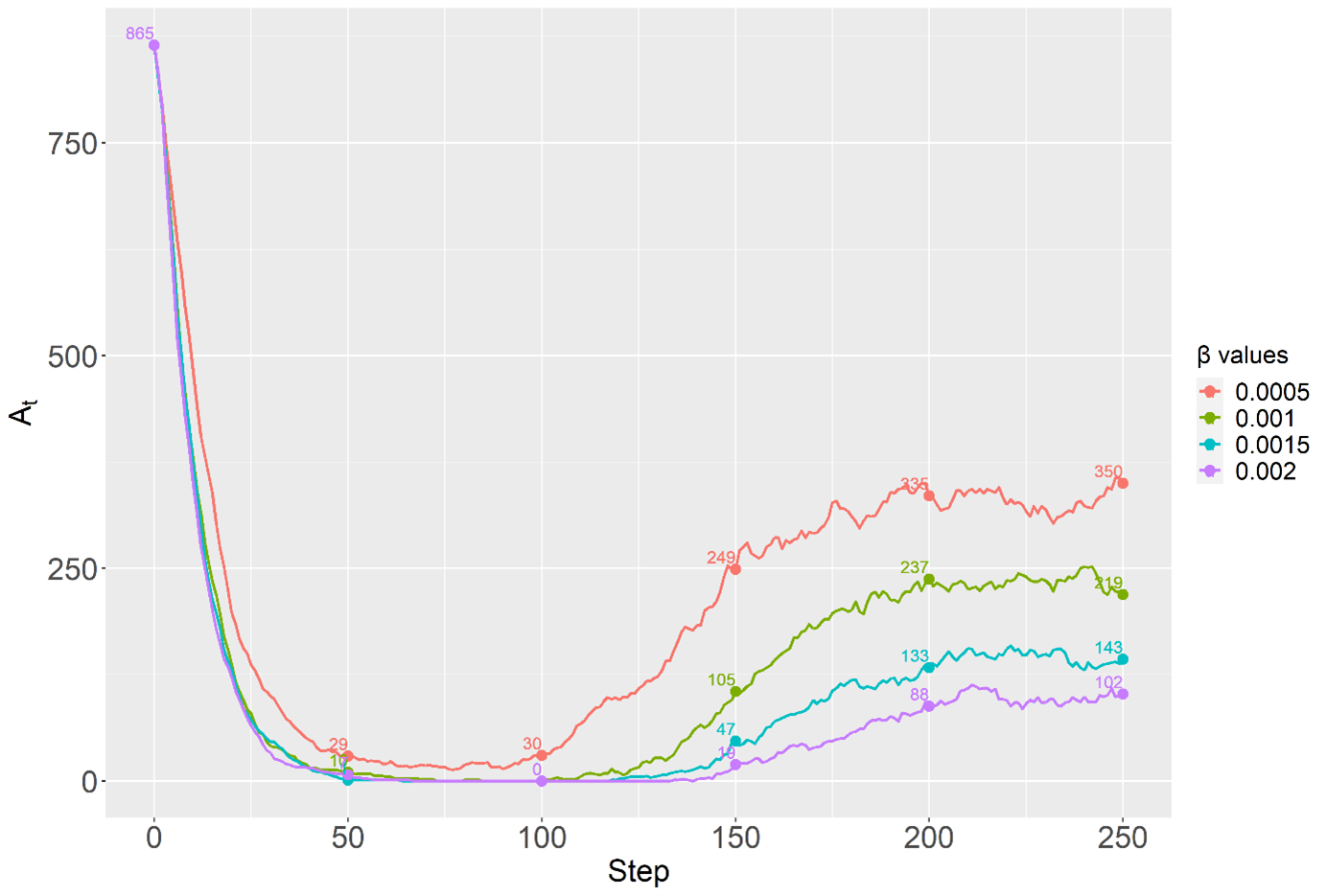
The +
The Tefor project aims to identify transformative initiatives that can re-direct the course of a region. It is an intermediate milestone that should lead to the development of a chair partnership project on the topic of agriculture and food with the aim of including all the stakeholders in research, development, innovation and funding at the regional level. Through its transdisciplinary approach and the use of serious games, it also contributes to the field of participatory research.
What's next ?
Based on the first results, the project will be pursued in many ways: the economic model will be extended to include spatial considerations, a training session will be organized on participatory action research methods, a serious game will be designed to help understand possible transition scenarios to be developed, a comparison will be made with other regions, Cap Azur will be included in the observatory of agroecological transitions, and a new research project will be set up to continue the work.
How does the project contribute to the transdisciplinary ambition?
-
Collective action – OTECCA
This center is a reference of collective intelligence in participatory action research (PAR). It coordinates and/or plays an intermediary role between scientific and regional actors in multi-partner PAR projects. -
Economy – GREDEG
It coordinates interdisciplinary contributions from the fields of economics, geography and agronomy, and uses modelling tools to make projections. Its main contribution is the ecological transition model and the serious game approach. -
Biology - ISA
Since the beginning of the Tefor project, their expertise has been helpful for setting up the innovative chair on the topic of food with multiple partners. -
Geography - ESPACE
The team contributes to the regional approach and to the integration of regional inequalities. The lab emphasizes the use of geographic tools and maps for accurate data representation.
Project informations
| Scientific field: Agriculture Economics Social Sciences |
Keywords: Food system resilience Land-use Initiatives Modeling Participatory approach |
| Start of the project: 2022 |
Budget: €168,300, including €105,800 from Academy 3 |
| Project members: Nathalie Lazaric Stéphane Bouissou Karine Emsellem Pedro Lopez-Merino Christine Poncet Paolo Zeppini Clara Descamps Student involved: Tanguy Bescond (M2) |
Partner laboratories:
GREDEG, Université Côte d’Azur, CNRS
ESPACE, Université Côte d’Azur, CNRS, AMU, AU ISA, Université Côte d’Azur, CNRS, INRAE OTECCA, Université Côte d’Azur International collaboration: Centre International de Hautes Etudes Méditerranéennes of Bari (CIHEM BARI) Center for Integrated Agricultural Systems (CIAS) - University of Wisconsin-Madison |
Scientific promotion of the project
- 1 article under review on participatory evaluation of sustainable food systems
Lopez-Merino, P., & Lamine, C. (2024 submitted). Transformative Territorial Assessment of Food Systems: A Post-normal Science Perspective. Futures, in review.
- 1 article to be submitted in April
Lopez-Merino, P., Zeppini, P., & Lazaric, N. (in progress). Critical Sustainability Transitions: Relaunching local agriculture after decline. PLOS ONE, To be submitted April 2024 (Special Edition Complex Networks and their Applications).
- Poster and abstract at the Complex Systems and their Applications conference, Menton, November 2023
Lopez-Merino, P., & Zeppini, P. (2024). Relaunch after decline: An agent-based model of agricultural expansion. Proceedings of The Twelfth International Conference on Complex Networks and their Applications: COMPLEX NETWORKS 2023, Book of abstracts.
- 2 article projects: interdisciplinary modelling, transformative initiatives
- 2 coming conferences: International Environmental Modelling and Software, Rural Sociological Society Annual Meeting
- Presentation at the GREDEG Cluster Days, September 2023
- OTECCA internship and project feedback day, July 2023
- Presentation for Academy 5's Social Sciences and the environment day, April 2023
- Master’s thesis dissertation
Bescond, T. (2023). Évolutions du système productif agricole : Le cas des Alpes-Maritimes [Mémoire de Stage]. Université Paul Valéry.


















